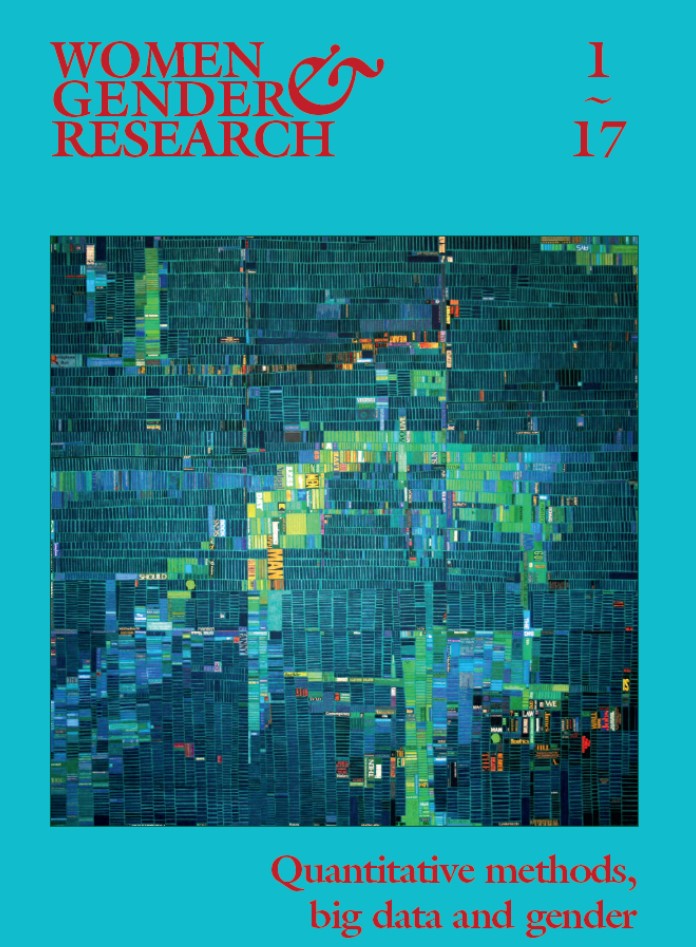Reconciling Anti-Essentialism and Quantitative Methodology
DOI:
https://doi.org/10.7146/kkf.v26i1.109270Nøgleord:
essentialism, quantitative, qualitative, feminism, gender, deconstruction, methodologyResumé
Quantitative methodology has a contested role in feminist scholarship which remains almost exclusively qualitative. Considering Irigaray’s notion of mimicry, Spivak’s strategic essentialism, and Butler’s contingent foundations, the essentialising implications of quantitative methodology may prove less problematic if research projects assert strategic or political feminist aims. Still, a feminist deconstructive argument can be formed against quantitative studies in which socially constructed categories are considered independently determined. However, by application of Williams’ ideas of treating the categories in question as dependently rather than independently determined, social categories can be deconstructed quantitatively, enriching both the theoretical and empirical understandings of population-level social constructions of genders, ethnicities etc. Quantitative deconstruction has the potential to reconcile anti-essentialism and quantitative methodology, and thus, to make peace in the quantitative/qualitative Paradigm Wars.
Downloads
Publiceret
Citation/Eksport
Nummer
Sektion
Licens
Udgivelser i Kvinder, Køn og Forskning er beskyttet under Creative Commons License: CC Attribution-NonCommercial 4.0

